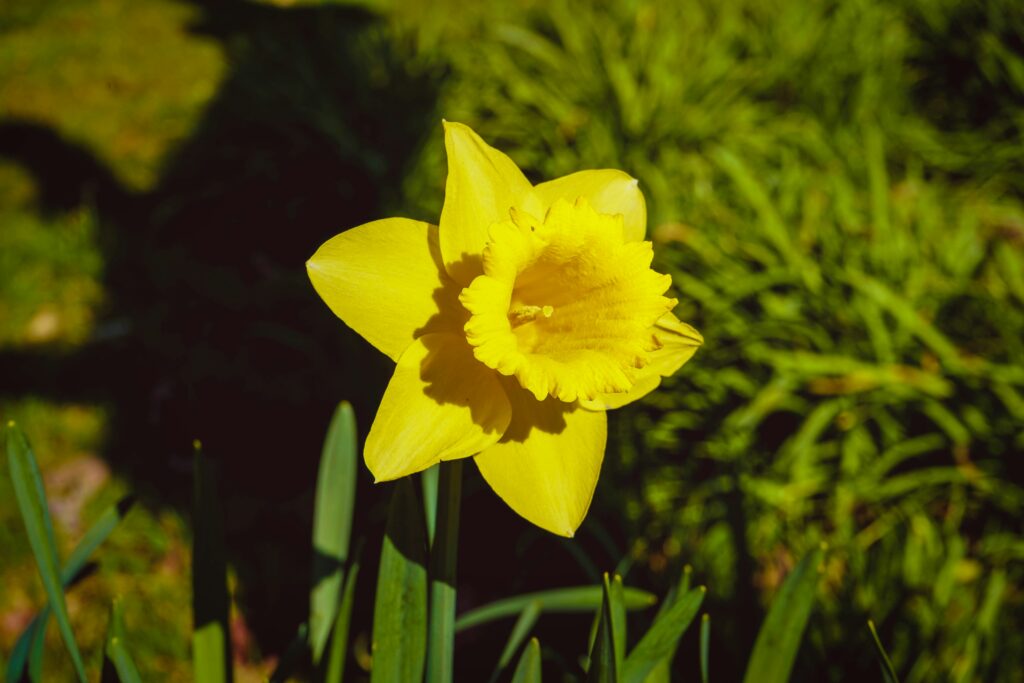Nigel Jenkins is worried about the future of Swansea’s Dylan Thomas cultural centre
Swansea is notorious, in the words of Joni Mitchell, for “not knowing what it’s got ’til it’s gone”. Now there are fears that the Dylan Thomas Centre, in the heart of the city’s maritime quarter, is poised to suffer the fate of the much lamented Mumbles railway.
There have always been rumours about the Centre’s prospects, but since late 2010 the whispers and murmurs have swirled disturbingly, fuelled by an apparent reluctance on the Council’s part, in spite of several opaque if not contradictory press releases, to come clean about their intentions for the building, its programme and its 22 members of staff.
I understand the latest version of ‘the plan’ is for the building to be taken over by the troubled University of Wales on 1 May. However, the extent to which it might remain purposefully a Dylan Thomas Centre – with the exhibition and literary programme intact – remains uncertain. Those involved in the changes that are undoubtedly underway in how the Centre should be run in the future should state their intentions clearly.
For the best part of 17 years, since it was opened by former United States President Jimmy Carter during the UK 1995 Year of Literature and Writing, the Centre has been at the heart of the burgeoning Dylan Thomas ‘industry’, said to be worth some £3.5 million a year to Swansea’s economy.
The Centre has a permanent exhibition about the life and work of Dylan Thomas, a bookshop, and is a venue for lectures and other events. Indeed, it has delivered a rolling programme of literary and artistic events unparalleled for its variety and excellence by any other arts venue in the United Kingdom. The Centre has celebrated the literatures of Wales, in addition to music, drama and the visual arts. It has attracted to Swansea a panoply of internationally renowned writers who, returning home, have burnished the renown of Swansea and Wales in all parts of the world.
Plans are currently being laid, locally and nationally, for celebrations of the one hundredth anniversary, in 2014, of the birth of Dylan Thomas, Swansea’s most famous son. The city is surely going to look a little bizarre, to put it mildly, in the eyes of the wider world if it is seen to have abandoned the Dylan Thomas Centre on the eve of this major national and international celebration.
If the Council is determined to unburden itself of the Dylan Thomas Centre, one possible way of doing so – if the current rumoured plan comes to naught – would be to invite interested parties to form a trust to run the Centre, in the same way as a trust was formed to run Swansea’s refurbished Leisure Centre. Among them would be many of the well over 200 writers, artists and long-time supporters of the Centre who have launched a petition in its support.
In the past the Dylan Thomas Centre has been run as a compartmentalised rather than as a unified concern. This means it has enormous, untapped potential. It needs the kind of coherent, imaginative vision that would be likely to flow from a group of dedicated and informed trustees, as is the case with all sorts of arts venues, from the Munster Literature Centre in Swansea’s twin city of Cork to the wonderfully vibrant Chapter Arts Centre in Cardiff.





Comments are closed.